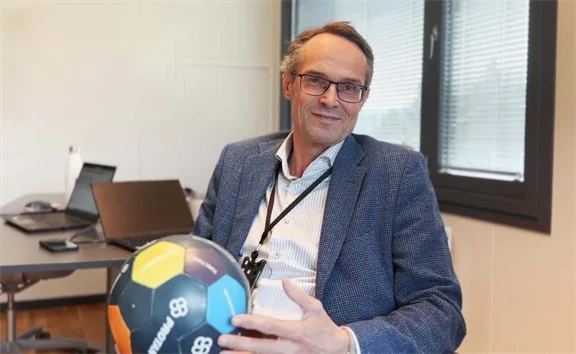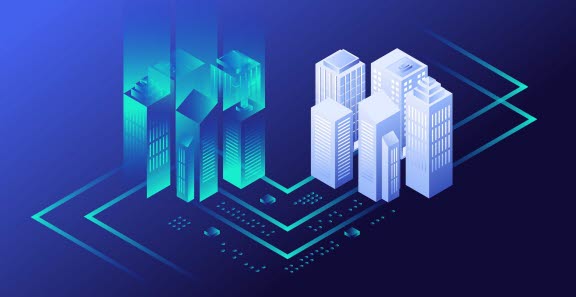Digital Lag
- We see that the construction industry needs to seize the opportunities presented by digitalization. How do you view the key to reversing this trend, especially in terms of sustainability goals?
"The construction industry is somewhat lagging behind other sectors in embracing digitalization, and the key to reversing this trend lies in understanding the potential and value creation that can be achieved through digitalization. Digitizing processes can improve efficiency, reduce risk, and waste, thereby contributing to achieving the UN's sustainability goals. The construction industry alone accounts for approximately 25% of waste in Norway. Contributing what we can to change this must be seen as a societal responsibility within our industry, says Christen Rehn.
Utility for the customer
- Digitalization brings numerous advantages, especially for customers. How can digital tools reduce estimation errors and waste in projects while creating value for customers?
Throughout the value chain, digital platforms and tools play an increasingly critical role. It would be highly beneficial for the industry to avoid estimation errors and overestimations through improved material planning, thereby reducing waste and inefficiency in both small and large projects. Digital tools can contribute to more precise estimations, reduce waste, and thus create value for customers. Platforms like Building Information Modeling (BIM) and Construction Management Software enable better material planning and promote sustainable approaches. This results in simpler, faster, and more accurate deliveries, reducing costs. Digitalization is essential for the entire value chain: everything delivered must be documented according to new regulations.
New Construction and Rehabilitation
- Whether it's new construction or renovation, digital solutions play a crucial role. How do you view the role of digital suppliers in improving the quality and efficiency of such projects?
"Digital solutions play a vital role in both new construction and rehabilitation. Suppliers of digital tools, through innovative solutions such as BIM modeling and AI-supported design tools, can help optimize design and construction processes, reduce errors, and improve the quality of projects. Maintenance and changes can be much more precise with the help of simulation in a digital twin."
Seamless Deliveries through Digitalization and Digital Twins:
- Digital twin technology - Can you tell us how you envision this technology optimizing operational processes and contributing to predictive maintenance in property management?
“One of the most exciting developments in digitalization in the construction industry is the concept of the digital twin. This involves creating a digital copy of a physical building or infrastructure, continuously updated in real-time through data streams from sensors and other technology. Digital twin technology enables simulation of various scenarios, optimization of operational processes, and predictive maintenance. This applies to heat loss, energy consumption, air quality, and any moisture or other challenges. Through such technology, property owners and advisors gain a wealth of and a unique opportunity to understand and manage their properties more efficiently and proactively”.
What We Aim to Achieve with Digitalization:
- Increased accuracy and precision in planning and design processes.
- Efficient resource allocation and time management through automated systems.
- Better communication and collaboration among various stakeholders through shared platforms.
- Improved traceability and transparency throughout the construction process.
- Opportunity for predictive maintenance and optimization of operational processes after the building is completed.
The Way Forward - What Now?
-The main focus going forward is to develop and integrate digital tools throughout the value chain. We must strive for seamlessness and good data quality. To succeed with digitalization, both knowledge and technology must be in place. Perhaps it's easier to buy the technology than to be able to exploit and translate all the opportunities that exist in the technology? We must build knowledge and digital confidence through experience and learning what gives you value. With new, experienced insight, you'll probably do something different tomorrow than you did yesterday. It requires being proactive, learning from successes and mistakes, and being willing to take some risks.


